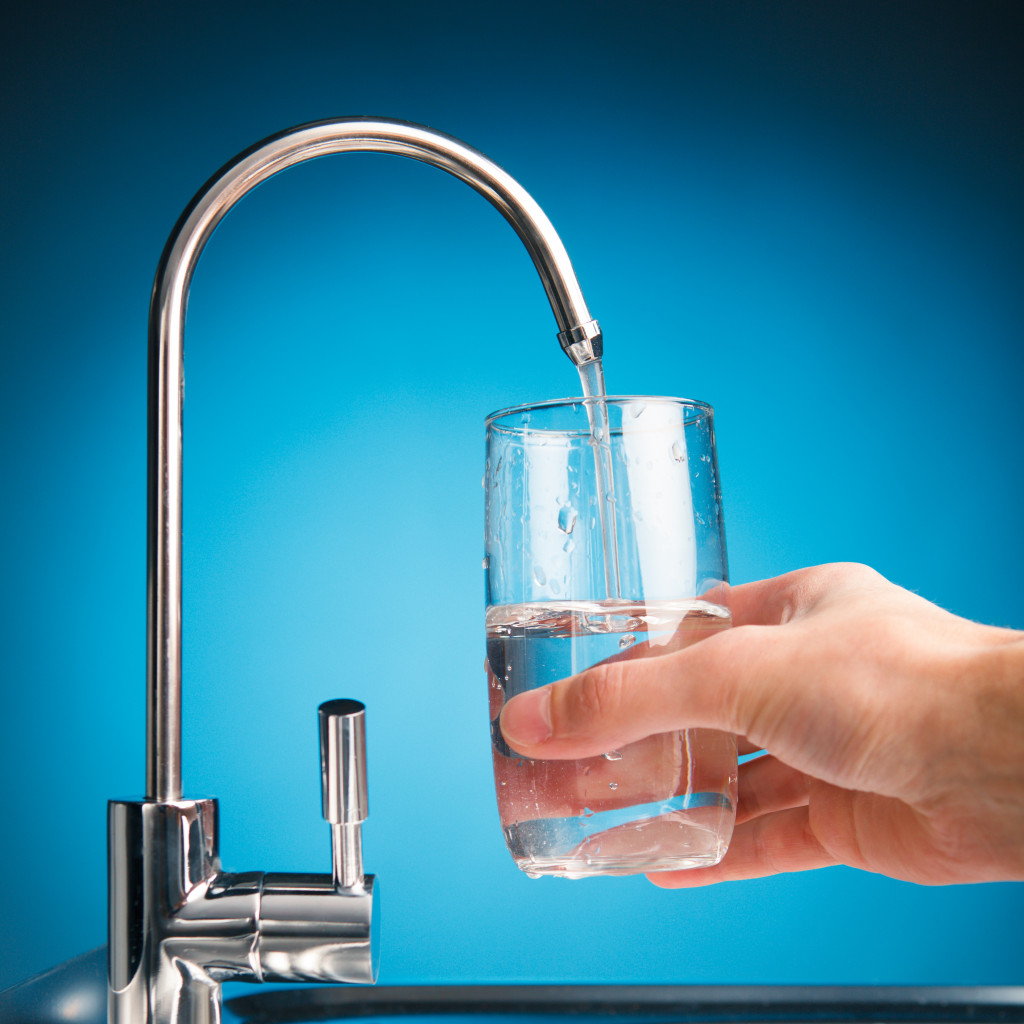Your home’s water system is one of your house’s most important parts- it keeps your family safe, healthy, and comfortable. That’s why ensuring that your water system is well-maintained is important. Here are a few tips to help you keep your home’s water system in tip-top shape.
Get a Professional Inspection
The best way to maintain your water system is to have a professional inspector visit your house regularly – at least once a year. They will be able to identify potential problems and ensure that your system is up to code. This will save you money in the long run by preventing costly repairs down the line.
Professionals rely on various techniques and devices to test the water and identify potential issues. Some instruments keep continuous or instantaneous measurements in internal or external memory that can be transferred to a portable display, PDA, or laptop. Ensure you find an inspector who is qualified and experienced in conducting these inspections.
If you don’t have a professional inspection, it’s still a good idea to test your water regularly. These kits will allow you to test for things like bacteria and lead. Regular testing will give you peace of mind and help you identify potential problems early on.
Change Your Filters Regularly
One of the most important parts of maintaining your water system is changing your filters regularly. Your water system has a lot of different filters – from the ones that keep your drinking water clean to the ones that protect your appliances from hard water.
Your water system has filters that must be changed regularly – typically every 3 to 6 months. These filters remove impurities from your water, so it’s important to change them frequently. Otherwise, you may find yourself with dirty or contaminated water.
The reverse osmosis filter is one of the most important filters to be replaced. This type of filter is designed to remove impurities from your water, but it needs to be replaced regularly to be effective. Depending on the size of your unit, you may need to replace the reverse osmosis filter every few months or every year. Ideally, these filters should be replaced annually to ensure they are as effective as possible. Contaminants may become present in your drinking water if you do not replace the filter regularly.
So, when do you need to change your water filter? If you detect a foul odor in the water or an unpleasant taste, it’s probably time to change your water filter. There may also be a gradual reduction in water pressure, suggesting a new one is necessary. You may always rely on the visual indication (located on filters with transparent containers) that informs you when the filter needs to be replaced. Always verify the manufacturer’s usage limits to ensure that you aren’t breaking them.
Although water filters come at different prices, you can typically find a dependable one for $20. On the other hand, if your house has an entire-house filtration system, the filters may be pricier – around $100 each. With that said, it’s crucial to frequently swap out these filters so that your loved ones have access to clean water.

Bleed Your Radiators
If you have a radiator-based heating system, it’s important to bleed your radiators regularly – about once a month. This will release any air bubbles that build up in the radiator, reducing its efficiency. It’s a simple process that only takes a few minutes, but it can significantly affect how well your heating system works.
When the air gets trapped in your radiator, it prevents warm water from circulating. This can make the top of your radiator cold and the bottom warm. Inefficient central heating system? It means that it can take longer to heat your room!
To bleed your radiator:
- Start by turning off your central heating system.
- Find the bleed valve – usually located at the top of the radiator.
- Position a bucket or towel beneath the valve to catch any water that may drip.
- Slowly turn the valve until you hear air hissing.
Once the hissing stops, close the valve and turn your central heating system back on.
Bleeding your radiators regularly will help keep your heating system working efficiently and save you money on your energy bills.
Conclusion
Your home’s water system is one of the most important parts of your house – that’s why it’s so important to ensure it is well-maintained. Luckily, there are some easy things that you can do regularly to keep your water system in good shape. Be sure to get a professional inspection once a year, change your filters every few months, and bleed your radiators monthly. These simple tips will go a long way toward keeping your home’s water clean, safe, and healthy.







